Can you tell everyone, who is Victoria Vesce?
I am a small-town southern girl who has always had big dreams of pursuing something great. I grew up on a Buffalo Farm in rural eastern North Carolina. I always knew I was bigger than my hometown. I grew up playing basketball which then transitioned into being an NBA Dancer for the Charlotte Hornets while I was in college at North Carolina State University. During my 3rd year of dancing, I was diagnosed with a rare Brain and neck Tumor. I went through intense surgery and 30 rounds of radiation treatment at Duke University Hospital. During recovery, I decided to continue to pursue Law School, and I graduated from Charleston School of Law in 2021. During law school, I still continued to model and travel with Monster Energy Girls. I am someone who loves to pursue it all. My final semester of law school, my mom unexpectedly passed away. I am a grief support advocate and a brain tumor survivor. Through such enduring trauma, I still love to give back and help others. In addition, I want to continue my mother’s legacy by being the best I can be.
Before your diagnosis, what made you think that something was going on and you need to get checked?
I started losing my hearing immediately. I had little symptoms before here and there, but the immediately sudden loss of hearing in my right ear was the tell-tell sign. Then progressively my symptoms were more rapid and piled on from nausea, dizziness, tinnitus, low blood pressure, flushed, fainting, etc. just to name a few.
Being that you were diagnosed with a tumor that spreads through hormones called “Paraganglioma” at the young age of 23, what motivated you to participate in any study and can you tell us more about what it entailed?
I was diagnosed at 23, and then my second tumor was found close to my 24th birthday. I was in the best shape of my life running 3-5 miles every day and eating extremely clean. When my doctor approached me about being in a study to potentially help more patients, only ‘Yes’ crossed my mind. I knew that even if I passed away that I would still be able to help patients in the future and in future endeavors in the scope of studying Brain tumors. During my time in the hospital, there were a lot of people in the room studying me and my movements and my treatments. A lot of questions were happening when I didn’t feel like talking or in all actuality couldn’t talk, but despite the pain, I kept answering. Now when I go back, the doctors tell me that my study actually has helped numerous patients which makes me feel so empowered.

Since surviving the surgery to remove which a rare brain tumor and radiation treatments, you’ve become an avid advocate for the National Brain Tumor Society, can you tell us more about that?
Yes! The National Brain Tumor Society gave me a community of peers that were going through the same process as me or something similar. I had no genetic predisposition to this type of tumor, so I had no one immediately around me telling me that it was going to be okay. Having a community of support and survivors around me gave me a lot of hope for my future and kept me pushing.
Not allowing anything to stop or slow you down, you are now the first brain TUMOR survivor/partially hearing aid wearer in Sports Illustrated. Can you tell us about that and how it all came about?
I had felt like I lost a lot of purpose in my life after my mom’s recent passing. I had a close friend of mine tell me to submit to Sports Illustrated Swim Search, so I did even though I did not feel like it. But I felt like I was the rawest and most real that I’ve ever been in my entire life. I was vulnerable and unscripted and just talked in my video that you can find on my YouTube. I was chosen and got to shoot with the most amazing team in the Dominican Republic! It was a dream come true!
What advice would you give to someone that doesn’t believe they can continue after a TUMOR diagnosis?
Take each moment by moment. I was so much panicking about the future that I forgot about the NOW. Live each moment to the fullest and be your own motivation to keep on. Knowing that your heart is still beating that means you still have a purpose on this Earth to continue one and to be great.
What would you like our views to gain from this interview?
Hope, inspiration, and the will to do more and be more even when the world continually stifles you. Don’t let the world put you in a box. Do what you want to do. No matter how many rejections or obstacles you get. KEEP ON. Pursue your dreams.
How can people connect with you and learn more?
You can find me on Instagram, Tik Tok, Youtube, and Twitter all @VictoriaVesc

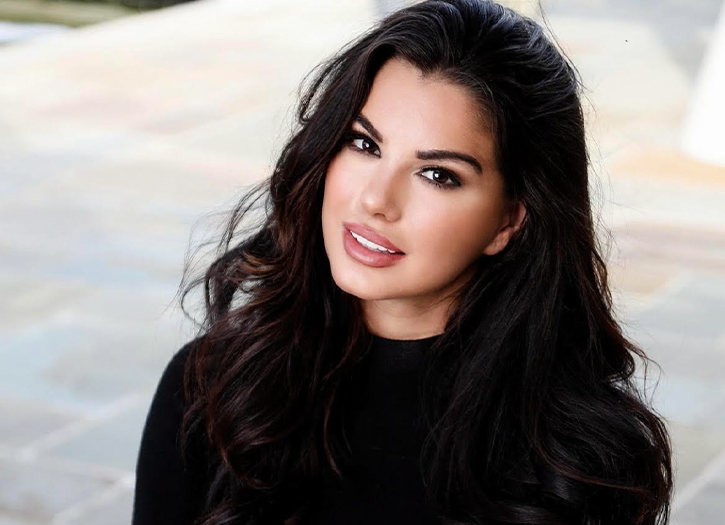
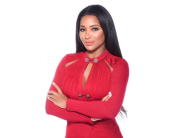
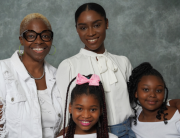
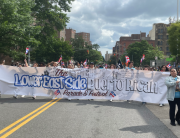

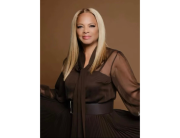
Add Comment
You must be logged in to post a comment.